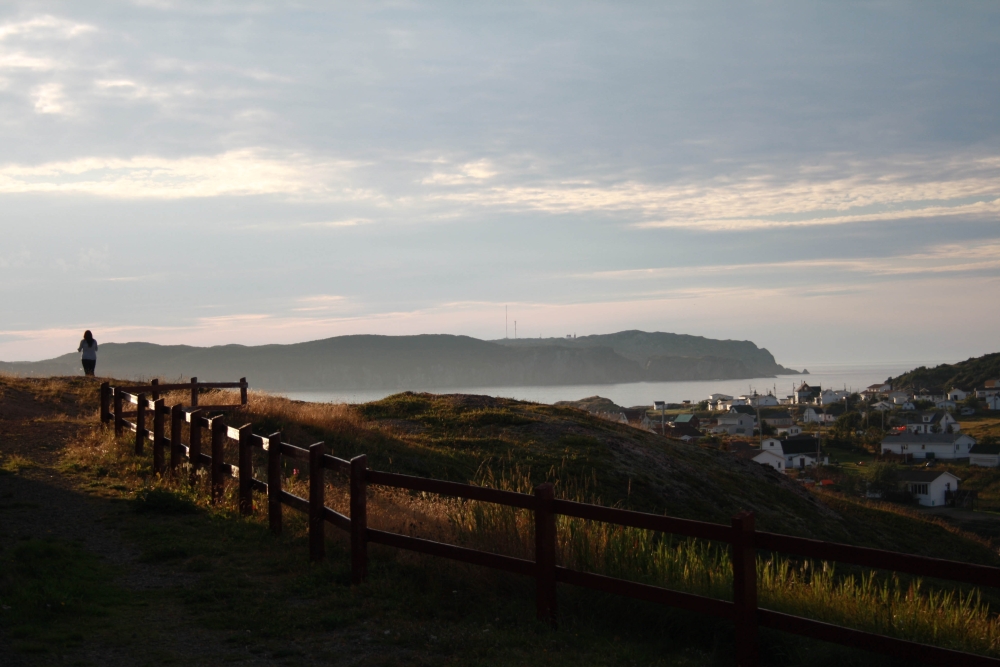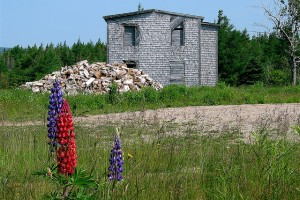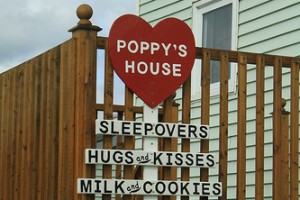I COME HOME on Sunday to visit my family, and then my Grandma Walsh gets diagnosed with pneumonia and given a death sentence.
My relatives start pouring in from all corners of the country.
When I kiss her forehead in her hospital bed, it feels all hot and papery. She hasn’t known me or anyone for years since she was diagnosed with Alzheimer’s, but I imagine a glimmer of recognition as her hands fumble with her prayer beads. Her 11 out of 12 children are all there to see her.


